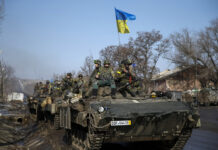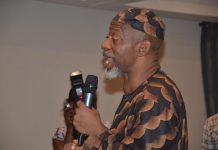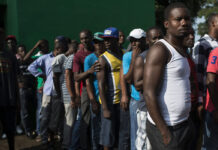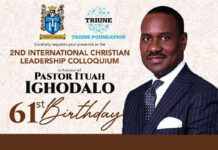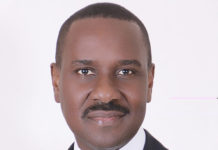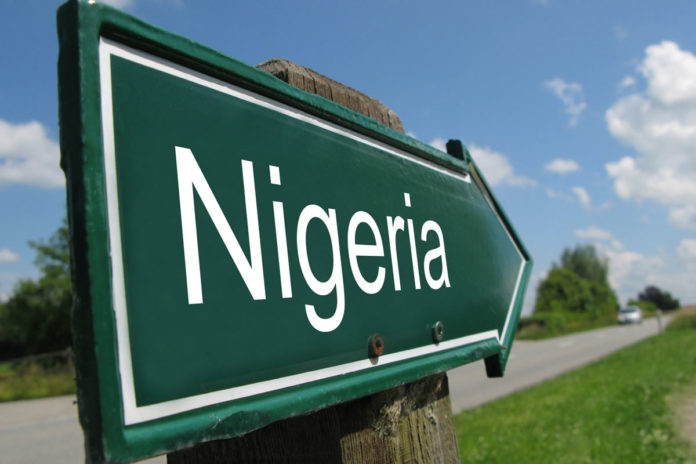Security matters. One of the most defining characteristics of an independent nation is its ability to defend its border sanctity and territorial integrity against internal incursions and external aggression. Except a country is able to protect itself and its people from oppression and terror or at least harness enough force to suppress such, its independence is fickle at best.
Border security is a major factor for national security. The Nehemiah project was a project first and foremost to rebuild the walls of Jerusalem. Nehemiah and his colleagues understood that there would be no nation to build except the borders, which define the entity, were in place. Nigeria’s borders speak volumes about the nation. A porous border in reality means a porous nation.
I once travelled by road to Benin Republic to visit a relative. The disorganisation at Nigeria’s side of the border was heart wrenching to say the least. Dusty roads, a phalanx of lorries, a constant directionless motion of automobiles and people, road hawkers, ‘touts’ in uniform and many more absurdities is an understated picture of the chaos I witnessed. Surprisingly, the Benin end of the border was sane, quiet and orderly.
Yet another strong factor in fighting insecurity is the capacity to identify a common enemy and why the enemy is so defined. In the book of Nehemiah, the Jews were clear about whom their enemies were – Samballat the Haronite, Tobiah the Ammonite, Geshem the Arab and their cohorts. All also agreed on the fact that these people were enemies because they were against the rebuilding of the walls of Jerusalem. Although there were internal conflicts, these were dealt with without tagging kinsmen adversaries.
Hence, whatever strategy the enemies used, the children of Israel as led by their Governor Nehemiah, were alert. An interesting narrative of the level of vigilance ensued in Nehemiah 6. Samballat and Geshem had tried many things including blackmailing Nehemiah in their bid to get him to attend a meeting to discuss the rebuilding of the walls but the later refused to budge.
As a final trick, the adversaries arranged a secret informer to help setup a meeting with Nehemiah in the house of God saying there was an attempt on his life and he would be safe in church. Nehemiah however refused to kowtow to religious sentiments. The people, not the building makes the church. The fact that evil people have access to the church building is hardly news. Wicked people are unable to become saints because one of them is called a prophetess and they hold meetings in the sanctuary.
Religious sentiments are at the centre of many abuses plaguing Nigeria. The political elites understand Karl Max but they have ensured that the people they govern have little or no access to the depth of reasoning that a study of Marxism and its theory of dialectics have to offer. Marx’s mantra, ‘religion is the opium of the masses’, holds sway in this country. Attach God to a poison and multitudes will gladly swallow it.
It would be difficult for Nigeria to fight an agreed enemy except we first agree that the entity called Nigeria needs rebuilding. As it stands, regions and ethnic groups seem to be persuaded that their units and not the entire nation needs rebuilding. Even Boko Haram despite the onslaught of extreme terrorism it has unleashed on the country has the sympathy of some in our midst.
The time to make or break Nigeria is here. Rebuilding it will take a lot of hard work. That is certain. Yet, I perceive that it will be the less costly and painful route to take than breaking it. But first, we must agree.
By Motunrayo Famuyiwa-Alaka
